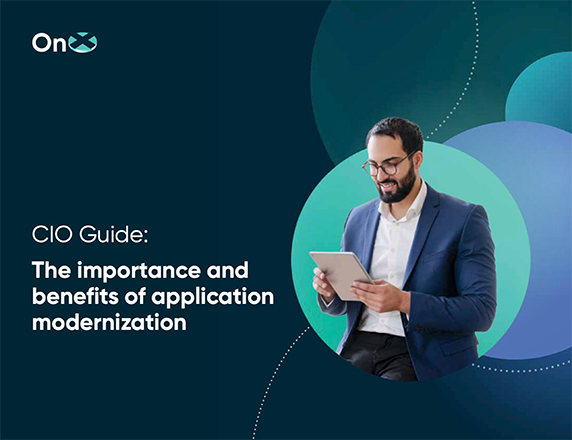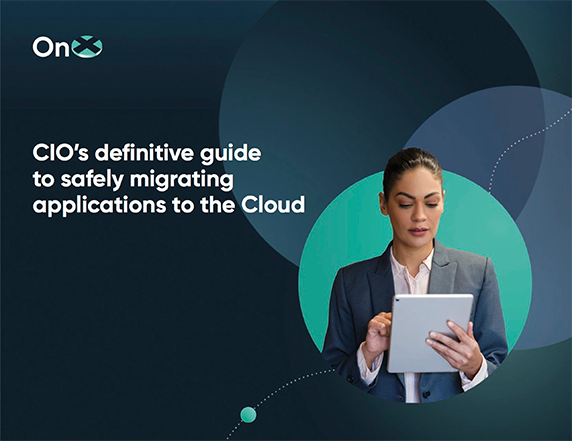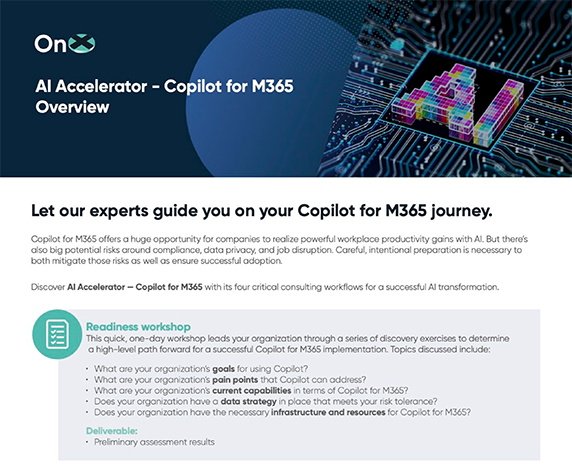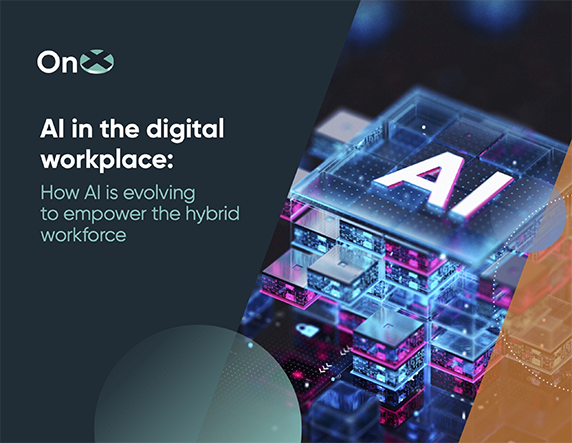
The Explosion
“It’s not my fault,” said the Oracle Database Administrator (DBA) as he went back to his desk.
The users in the New York office were frustrated with the database performance. Scott, a seasoned Oracle DBA walked back to his desk after a heated conference call and realized that something had to change, all the books online couldn’t help his team succeed. His team was failing because it really was out of his control. The data had gotten ahead of his team and the technology that he had available couldn’t keep up. As a result, one more strike against IT and the users would surely look elsewhere. His plans for a future with this company would most likely have a limited horizon.
Sound familiar? This has happened at many companies and Scott is not a unique case.
At the core, we are in the middle of a transformation in the way users access data and this change is really challenging Database Administrators, such as Scott, in ways that they never imagined.
I used to a manage a team right in the middle of this change and I speak from experience when I say, “It’s not you, it’s the system.” All the late nights tuning, adjusting plans, adding indexes won’t help, it’s beyond your control.
The DIET That Never Happens
In Chicago, where I live, we are coming out of a long and painful thaw. Most people are trying to shed those few extra pounds and get ready for the heat of the summer. Watching calories is one thing, many people have cool high-tech wristbands that even tell them how many steps they have walked and effective calories burned. Yet, even with all of the technology, there is one kryptonite that really gets us. SUGAR! When we are starving, we don’t see the healthy red apple sitting on someone’s desk. Instead, we see the bowl of Halloween candy left over and quickly consume two or three (maybe five) “mini-snickers.” But it’s not our fault, we live in a time where sugar is more plentiful than ever before. The system of producing food with lots of sugar makes dieting difficult, but as many authors such as Michael Pollard have written, It’s the SYSTEM, not us that’s to blame.
The Data Diet That Never Happens
Most DBAs grew up in the time when data was structured, not so easily accessed by users and if accessed, it was through a narrow team of ‘report’ writers. Today, users have and demand access to data more than ever before. When they can’t get the data fast enough, they look elsewhere. DBAs are trying to deal with this diverse data consumption the only way they know how, the way they have done successfully in the past. Users consume data like we consume sugar! With the expectation that it doesn’t have any cost or any calories. I mean, I only had five mini-snickers, that’s not that much is it? When in reality, it’s basically like eating a whole candy bar! Our systems struggle to catch up to this data consumption and the gap begins to widen. Frustrated users and tired DBAs, not a good mix!
In the next blog, I will write about how the role of the DBA or Data Professional will change as a result of this shift and maybe even disappear. I will also highlight how we got here and what systematic must change with IT organizations in order to keep both sides happy, healthy and productive.
Stay tuned.















